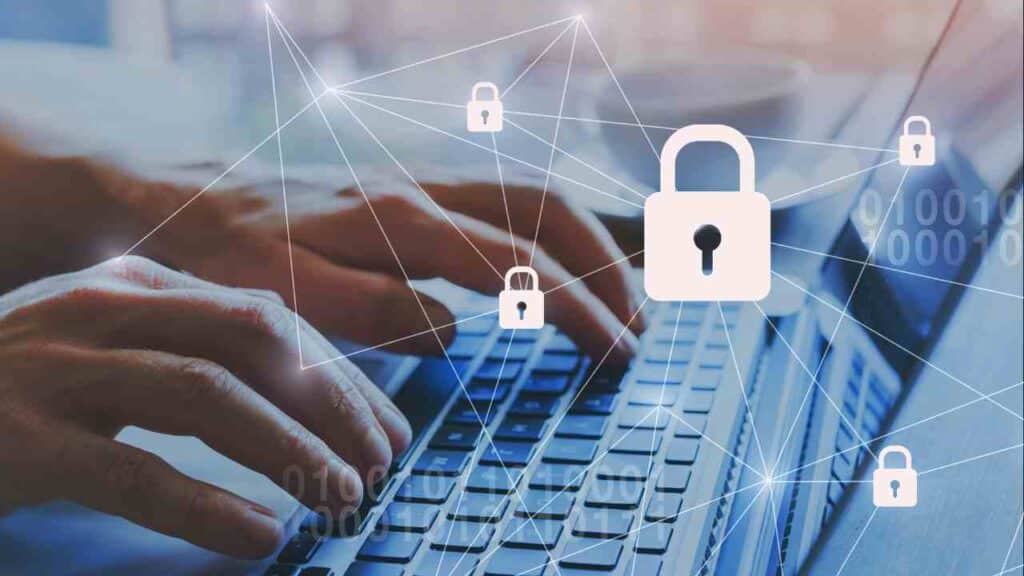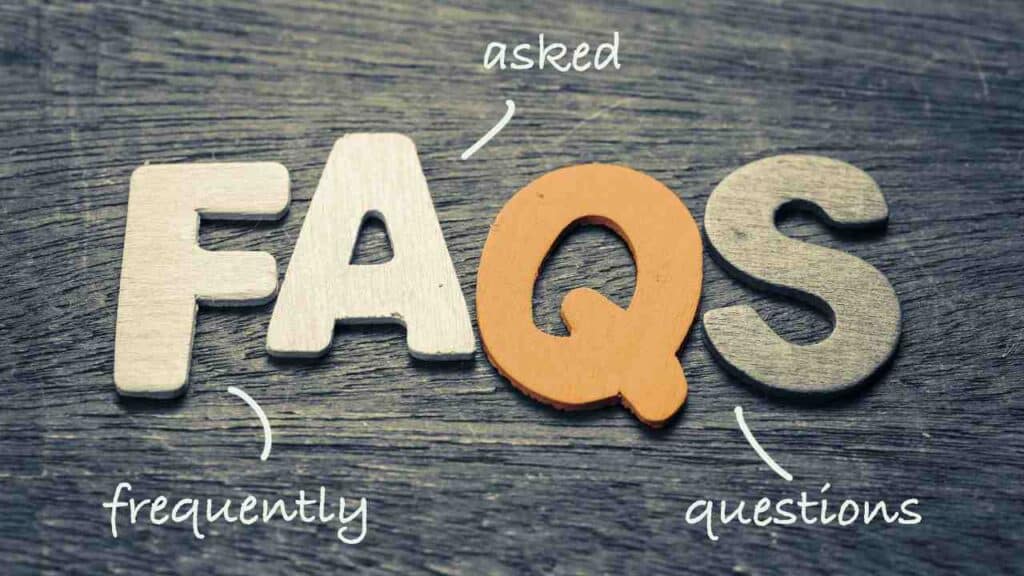Securing CRM Data and Transactions

Get Your FREE 14-Day Trial and Take Your Business To The Next Level with an All-In-One Sales and Marketing Platform for businesses, agencies and marketers.
Customer Relationship Management (CRM) systems have become an integral part of modern businesses, enabling them to effectively manage customer interactions, streamline sales processes, and improve overall customer satisfaction. However, with the increasing reliance on CRM systems, the need for robust security measures to protect sensitive customer data and transactions has become paramount. In this article, we will explore the importance of securing CRM data and transactions, discuss common security threats, and provide valuable insights on how businesses can enhance their CRM security.
The Importance of CRM Security
CRM systems store a wealth of valuable customer data, including personal information, purchase history, and communication records. This data is a goldmine for cybercriminals who seek to exploit it for financial gain or malicious purposes. Therefore, ensuring the security of CRM data is crucial for several reasons:
- Protecting customer privacy: Customers trust businesses with their personal information, and it is the responsibility of organizations to safeguard this data. A data breach can not only result in financial losses but also damage a company’s reputation and erode customer trust.
- Compliance with regulations: Many industries have strict regulations regarding the handling and protection of customer data. Failing to comply with these regulations can lead to severe legal consequences and hefty fines.
- Preventing financial losses: CRM systems often handle financial transactions, such as processing payments or managing subscriptions. Inadequate security measures can expose businesses to the risk of fraudulent activities, resulting in significant financial losses.
Common Security Threats
Before delving into the strategies to secure CRM data and transactions, it is essential to understand the common security threats that businesses face:
1. Unauthorized Access
Unauthorized access is one of the most prevalent security threats faced by CRM systems. It occurs when an unauthorized individual gains access to sensitive customer data or system functionalities. This can happen due to weak passwords, stolen credentials, or vulnerabilities in the CRM software.
2. Phishing Attacks
Phishing attacks involve tricking individuals into revealing their login credentials or other sensitive information by posing as a trustworthy entity. Cybercriminals often send fraudulent emails or create fake websites that mimic legitimate CRM platforms to deceive users.
3. Malware and Ransomware
Malware and ransomware pose a significant threat to CRM systems. Malicious software can infiltrate a CRM system, allowing cybercriminals to gain unauthorized access, steal data, or encrypt it for ransom. Ransomware attacks can cripple businesses by rendering their CRM systems inaccessible until a ransom is paid.
4. Insider Threats
Insider threats refer to security breaches caused by individuals within an organization who have authorized access to CRM systems. These individuals may intentionally or unintentionally misuse their privileges, leading to data breaches or unauthorized access.
Strategies to Enhance CRM Security
Now that we have identified the common security threats, let’s explore some effective strategies to enhance CRM security:
1. Implement Strong Authentication Measures
Implementing strong authentication measures is crucial to prevent unauthorized access to CRM systems. This includes enforcing complex passwords, best practices, implementing multi-factor authentication, and regularly updating authentication protocols to stay ahead of emerging threats.
2. Regularly Update and Patch CRM Software
CRM software providers often release updates and patches to address security vulnerabilities. It is essential for businesses to regularly update their CRM software to ensure they have the latest security features and bug fixes. Failure to update software can leave systems vulnerable to known exploits.
3. Educate Employees on Security Best Practices
Employees play a vital role in maintaining CRM security. It is crucial to educate employees on security best practices, such as identifying phishing emails, using strong passwords, and reporting suspicious activities. Regular training sessions and awareness campaigns can significantly reduce the risk of security breaches caused by human error.
4. Implement Data Encryption
Data encryption is an effective way to protect sensitive customer data stored in CRM systems. By encrypting data at rest and in transit, businesses can ensure that even if the data is compromised, it remains unreadable and unusable to unauthorized individuals.
5. Regularly Backup CRM Data
Regularly backing up CRM data is essential to mitigate the impact of potential data breaches or system failures. By maintaining up-to-date backups, businesses can quickly restore their CRM systems and minimize downtime in the event of an incident.
Case Study: XYZ Corporation
XYZ Corporation, a leading e-commerce company, recently experienced a significant data breach that compromised the personal information of thousands of its customers. The breach occurred due to a vulnerability in their CRM system, which allowed cybercriminals to gain unauthorized access to customer data.
Following the incident, XYZ Corporation took immediate action to enhance their CRM security. They implemented multi-factor authentication, enforced regular password updates, and conducted comprehensive security training for their employees. Additionally, they strengthened their CRM system’s firewall and regularly updated their software to patch any vulnerabilities.
These measures significantly improved XYZ Corporation’s CRM security, reducing the risk of future data breaches. The company also partnered with SaasExpert.ca, an all-in-one sales and marketing platform, to further enhance their CRM security. SaasExpert.ca provided robust encryption features, real-time threat monitoring, and regular security audits to ensure the safety of XYZ Corporation’s customer data and transactions.
Securing CRM data and transactions is of utmost importance for businesses to protect customer privacy, comply with regulations, and prevent financial losses. Common security threats, such as unauthorized access, phishing attacks, malware, and insider threats, pose significant risks to CRM systems. However, by implementing strong authentication measures, regularly updating CRM software, educating employees on security best practices, implementing data encryption, and regularly backing up data, businesses can enhance their CRM security.
Partnering with a reliable all-in-one sales and marketing platform like SaasExpert.ca can provide businesses with additional security features and peace of mind. By prioritizing CRM security, businesses can safeguard their customer data, maintain customer trust, and ensure the long-term success of their operations.
Visit SaasExpert.ca – Your All-In-One Sales and Marketing Platform for small businesses, agency owners, and marketers.
Read more about “Integrating Third-Party Apps to CRM” right here.
Frequently asked questions about Securing CRM Data and Transactions.

🤔 How Important Is CRM Data Security, and Why Should I Be Concerned About It?
Great question! CRM data security is paramount because the data stored in your Customer Relationship Management (CRM) system is not just any data—it’s the lifeblood of your sales, marketing, and customer service operations. 😲 Your CRM holds everything from customer contact details to transaction histories, and sometimes even confidential contract information.
If this data were to fall into the wrong hands due to a security breach or unauthorized access, it could not only result in loss of customer trust 🤯 but also put you at legal risk. In some jurisdictions, failure to secure customer data can result in heavy penalties and fines. 🚨 So, it’s essential to treat CRM data security as a top priority!
🛡️ What Are the Best Practices for Securing My CRM Data?
Excellent! Being proactive about your CRM’s security is the best approach. Here are some best practices:
Role-Based Access Control (RBAC): Limit who can access what within your CRM. Not everyone needs access to everything. 🙅♀️
Multi-Factor Authentication (MFA): Require at least two forms of identification before granting access. This could be something the user knows (password) and something the user has (smartphone app or hardware token). 📱➕🔒
Data Encryption: Ensure that data is encrypted both when it’s stored and when it’s being transmitted between systems. 🔒
Regular Audits: Periodically review your security measures and conduct security audits to find potential vulnerabilities. 🕵️♀️
Data Backup: Always have an up-to-date backup of your CRM data stored in a secure location. ☁️🔐
🌐 Are Cloud-Based CRM Systems Secure?
The security of cloud-based CRMs really depends on the vendor you choose. Leading CRM providers like Salesforce, HubSpot, and Microsoft Dynamics invest heavily in security 🔒, offering features like data encryption, MFA, and robust access controls. However, remember that no system can be 100% secure. Always do your due diligence, ask the right questions, and maybe even conduct third-party security assessments. 🕵️♂️
💳 How Can I Secure Transactions Done Through My CRM?
Excellent query! When it comes to transactions, payment information needs top-level security. Ensure your CRM integrates with payment processors that are PCI DSS compliant 🛡️. These processors have gone through rigorous checks to ensure they handle card information securely. Also, don’t store sensitive transaction data like CVV numbers in your CRM; let the secure payment processor handle that. 💳🔐
🚀 I’m a Small Business Owner. Is CRM Security Really Necessary for Me?
Oh, absolutely! Even if you’re a small operation, you’re not immune to security threats. 🎯 In fact, small businesses are often targeted because they’re considered to be less secure. Securing your CRM is not just best practice; it’s essential for your business’ longevity and reputation. Trust is hard to gain and easy to lose, so don’t cut corners when it comes to CRM data security. 🛡️🤝
I hope these answers shed some light on why and how to secure your CRM data and transactions. If you have more questions, feel free to ask! 😊






